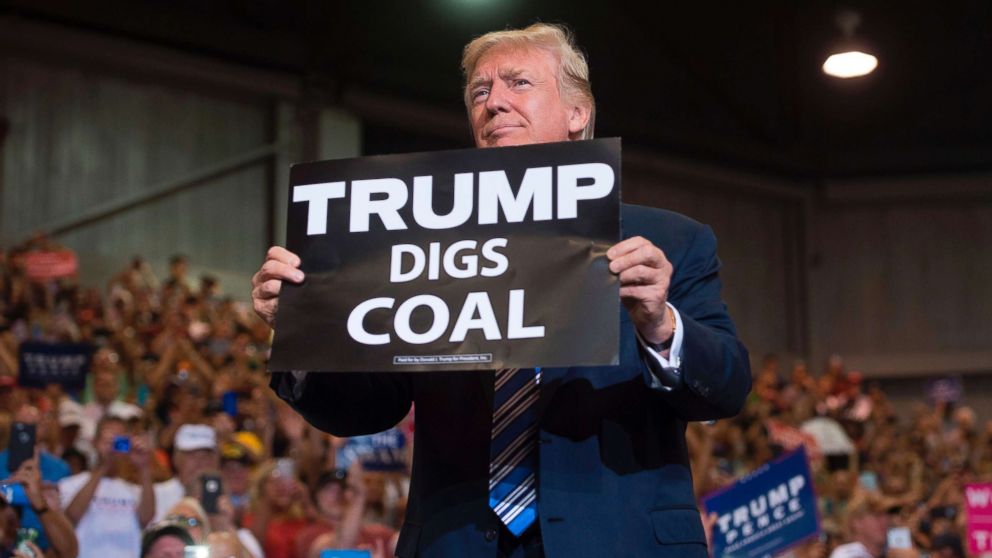
When challenged about their climate denialism, President Trump and Vice President Pence tend to respond with a claim that the United States has the world’s cleanest air and water, thereby implying that their administration is doing a good job enforcing environmental regulations. Aside from being a separate issue from climate change, the claim is false in two ways: our air quality and water quality are far from the best, and enforcement has been on the decline.
The latter should come as no surprise, since regulation-bashing has been one of the hallmarks of the Trump Administration. It is one of the few areas in which traditional Republican values have been preserved.
Much of the administration’s focus has been on reversing the environmental initiatives of the Obama Administration, yet there has also been an erosion in the enforcement of longer-standing laws such as the Clean Air Act and the Clean Water Act.
The latest evidence of this comes in a new study by David Uhlmann of the Environmental Crimes Project at the University of Michigan Law School. The analysis, which has received prominent coverage in the New York Times, finds that during the first two years of the Trump Administration the number of criminal prosecutions under the Clean Water Act fell 70 percent and those under the Clean Air Act declined by more than 50 percent.
It should be noted that criminal prosecutions represent a small subset of environmental cases, the large majority of which are brought as civil matters. Criminal charges are often brought against individuals rather than corporate polluters, and they often involve specific offenses such as ocean dumping of hazardous wastes.
Uhlmann’s analysis is based on the number of cases and the number of defendants, which will differ given that some cases have multiple defendants. His findings are consistent with the data in Violation Tracker, where we focus more on the penalties paid by offenders, and we include civil as well as criminal cases.
Our data shows that the total penalties (both fines and settlements) collected by the EPA and the Justice Department have been trending downward during the Trump years. In the period from 2009 to 2016, environmental penalties averaged over $7 billion a year, an amount boosted by major cases against corporations such as BP for the Deepwater Horizon disaster and Volkswagen for emissions cheating.
Penalties during the Trump Administration have averaged $974 million per year. The average would be much lower if not for the $1.5 billion settlement announced in September with Daimler for its emissions cheating. It is encouraging that this case was resolved during the current administration, but it is one of only a small number of mega-settlements reached over the past few years, and most of these represented the culmination of enforcement initiatives begun under the previous administration.
Thanks to career public servants in the EPA and the Justice Department, environmental enforcement has not disappeared during the Trump Administration. Yet the downward trend in penalties suggests that political appointees are probably thwarting more aggressive action against polluters.